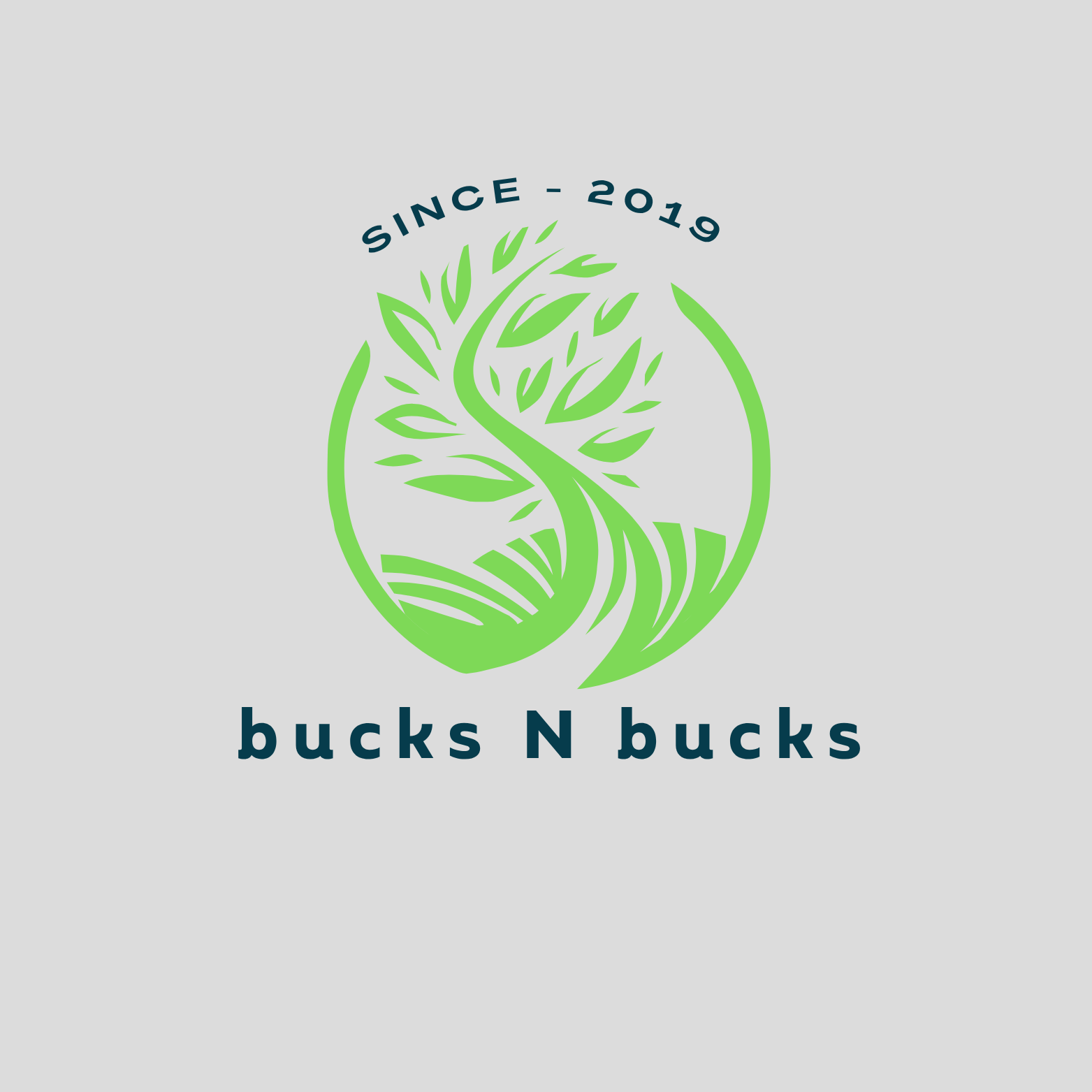In the vast landscape of agriculture, vegetable farmers often find themselves navigating the challenges of the perfectly competitive market and factors that are non-price denominated like consumer preferences. One innovative approach to stand out and thrive in this environment is through strategic collaborations with businesses that leverage sensory marketing. Let us explore how vegetable farmers can sow the seeds to success by strategically partnering with establishments that excel in creating sensory-rich experiences.
Understanding sensory marketing
Sensory marketing involves engaging consumers' senses to create a more memorable and enjoyable experience. This technique goes beyond traditional marketing by tapping into the sensory elements of sight, smell, touch, taste, and sound. Restaurants and grocery stores are prime examples of businesses that have mastered the art of sensory marketing, enticing customers with the ambiance, aroma, and visual appeal of their products.
The farmer's role in the sensory experience
Imagine a bustling local restaurant or a vibrant grocery store. What if the vegetables on display were not just fresh but came directly from a local farm near you? What do you think makes the enticed visual unique? By collaborating strategically with such establishments, farmers can elevate their produce from mere vegetables to essential components of a captivating sensory experience.
Visual Appeal: A feast for the eyes
One of the primary senses engaged in marketing is sight. Restaurants and grocery stores excel in presenting their products in visually appealing ways. By strategically partnering with these businesses, vegetable farmers can capitalize on this aspect. imagine vibrant displays of freshly branded, colorful vegetables, arranged artistically to catch the eye of the customer. The aesthetics of these displays do not only enhance the overall shopping or dining experience but also communicate a commitment to quality.
Aromatic Allure: From farm to table fragrance
The sense of smell plays a powerful role in shaping our perceptions and memories. From a strategic perspective, vegetable farmers can leverage this by ensuring that their produce is not only visually appealing but carries the distinct fragrance of freshness. Collaborating with businesses that emphasize aromatic experiences, such as bakeries or specialty food stores, can create an olfactory symphony that leaves a lasting impression on customers.
Tactile temptations: The pleasure of touch
When customers can physically engage with products, it adds a layer of connection to the overall experience. For vegetable farmers, this means that ensuring that the produce is not only visually enticing but also invites touch. Have you ever thought about the science behind the grocery store layout? Why is the maize meal that almost every consumer needs are placed at the back and not a few seconds away from the doorstep? Interesting, isn't it? I would personally argue that we don't make the most amount of money by selling things but rather it's more about how we sell and how we encourage the customer to make that purchasing decision. Collaborating with establishments that encourage customers to feel the freshness of the vegetables can establish a tactile connection, reinforcing the idea that these products are not just commodities but elements of a sensory journey.
Culinary Collaborations: Tantalizing taste buds
Restaurants, especially those with a focus on local and fresh ingredients, provide a platform for vegetable farmers to showcase the culinary potential of their produce. Collaborative events such as farm-to-table dinners or chef-led cooking demonstrations can highlight the taste and versatility of the vegetables. This not only promotes the farm's products but also positions them as integral to creating delightful and flavorful culinary experiences.
Sounds of Success: Engaging auditory appeal
While often overlooked, auditory elements can significantly impact the overall sensory experience. Vegetable farmers can collaborate with businesses that emphasize soothing background music or even host events with live music. The ambiance created through sound can enhance the overall atmosphere, making the vegetable-buying or dining experience more enjoyable and memorable for customers. Whether we operate from a business-to-business or business-to-consumer perspective, it's important to understand how sound can influence the customer in making a purchasing decision. I seriously doubt that fireworks would attract a pack of dogs. Putting that into perspective, understanding and specifically knowing who you are targeting is very important.
A harvest of success
In the ever-evolving landscape of agriculture, adaptation is key to success. By embracing sensory marketing through strategic collaborations with businesses that excel in creating immersive experiences, vegetable farmers can not only differentiate themselves but also cultivate a habitual customer base. The sensory journey, from the visual allure to the tantalizing taste, transforms the act of buying vegetables into a memorable experience. In this symbiotic relationship, both the farmer and the partnering business reap the rewards, sowing the seeds for a bountiful harvest of success.

